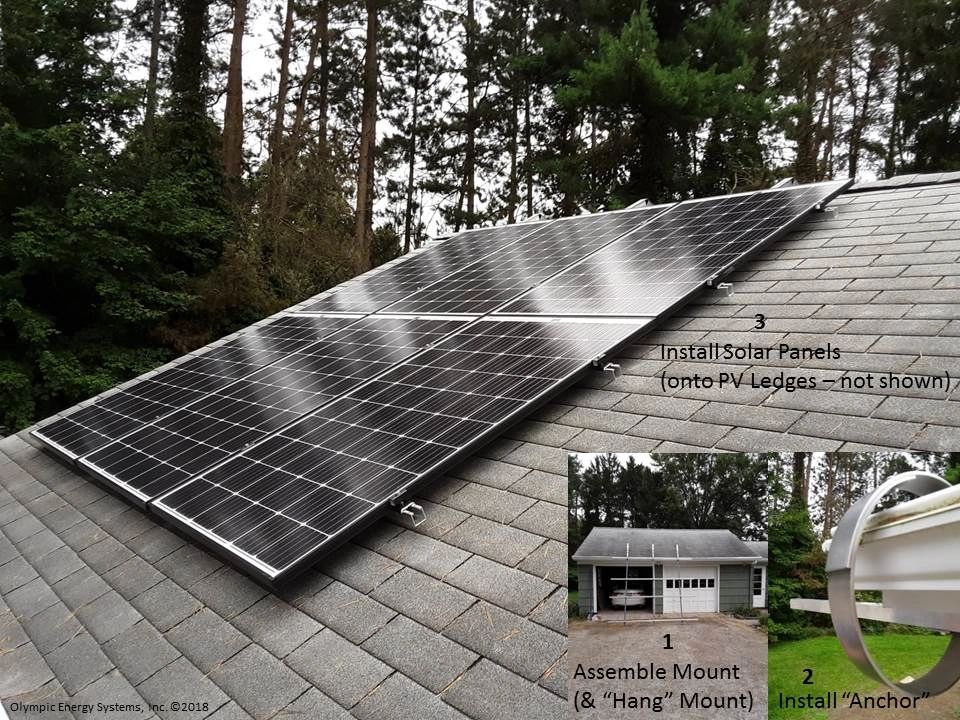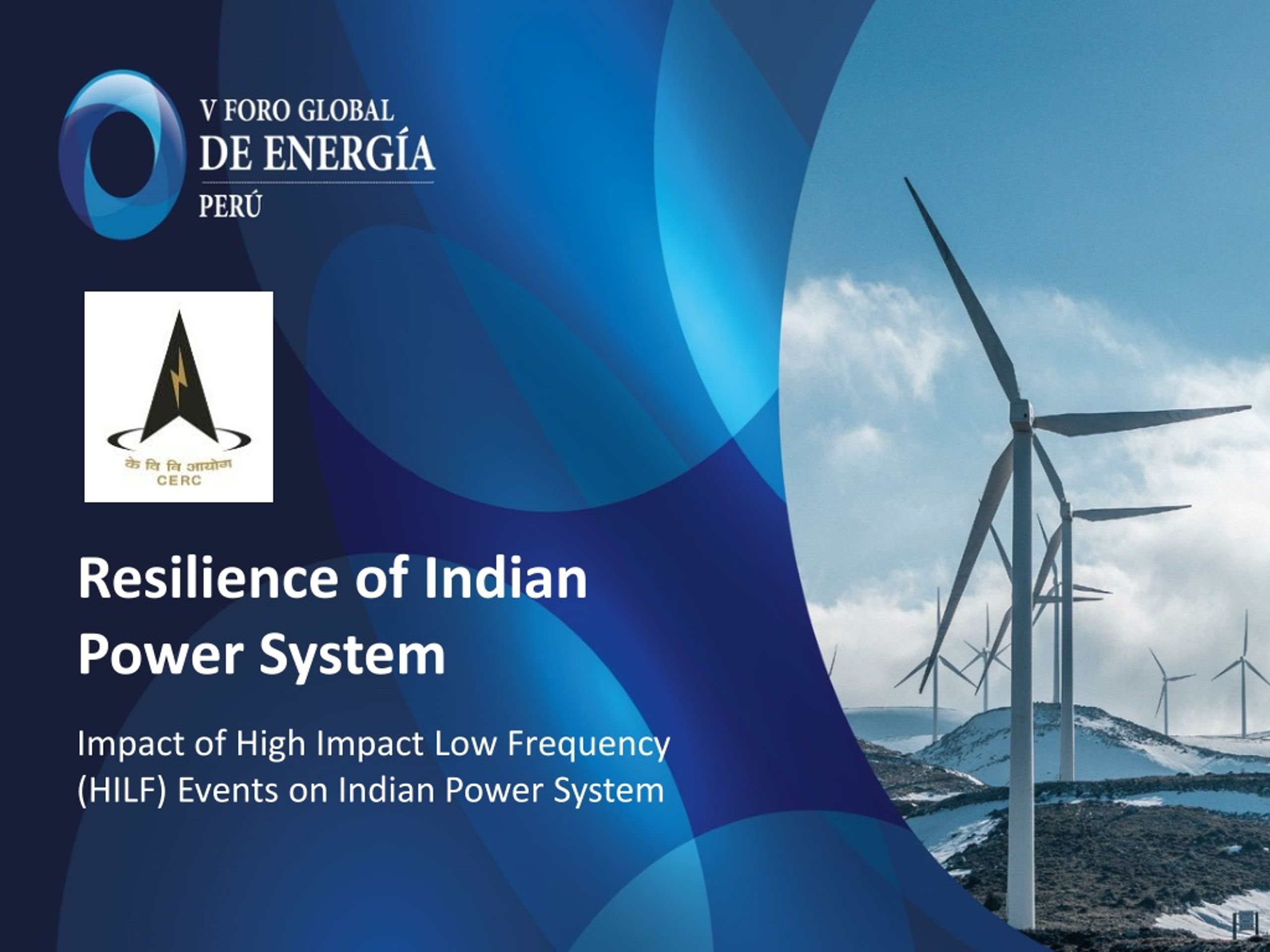Greening Grids: The Rise of Low-Impact Power Systems

Greening Grids: The Rise of Low-Impact Power Systems
The global shift towards sustainability has given rise to the increasing adoption of low-impact power systems. This article explores the key characteristics, benefits, and the growing significance of these systems in the broader context of sustainable energy.
Defining Low-Impact Power Systems
Low-impact power systems are revolutionary in their approach to energy generation. These systems aim to minimize their environmental footprint throughout their life cycle, from installation to decommissioning. Embracing renewable resources such as solar, wind, hydropower, and geothermal energy, low-impact systems prioritize eco-friendly practices.
Solar Power: A Beacon of Sustainability
Among the



